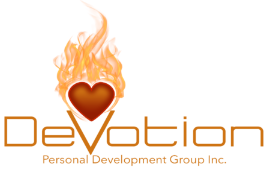Work Readiness Training
Work readiness training bridges the gap between education and employment, ensuring that individuals are prepared for the practical demands of the workplace. These programs focus on developing both hard and soft skills that employers value

Empowering Individuals for Career Success
Communication Skills
Technical Skills
Management of Time
Professional Etiquette
Teamwork & Collaboration
Key Components of Work Readiness Training
By mastering these competencies, participants become more attractive to potential employers and are better equipped to succeed in their chosen careers
01
-

Team Building
Participants learn how to work effectively in diverse groups, fostering collaboration and mutual respect. This module often includes interactive exercises that simulate real workplace scenarios.
02
-

Resume Writing
Trainees learn how to craft compelling resumes that highlight their skills and experiences. This module covers modern resume formats, key elements to include, and tailoring resumes for specific job applications
03
-

Mock Interviews & Critique
Practice makes perfect, especially when it comes to job interviews. This module provides participants with the opportunity to experience realistic interview scenarios, followed by constructive feedback to improve their performance
04
-

Motivation on the Job
Maintaining motivation is crucial for long-term career success. This component teaches strategies for staying engaged and productive in the workplace, even when facing challenges.
05
-

Career Advancement/Development
Work readiness isn't just about landing a job; it's about building a career. This module focuses on long-term career planning, identifying opportunities for growth, and developing the skills needed for advancement.
06
-

Ethics in the Workplace
Understanding and adhering to workplace ethics is fundamental to professional success. This component covers ethical decision-making, professional conduct, and the importance of integrity in the workplace.
Benefits of Work Readiness Training
Participants in work readiness programs often experience numerous benefits
Increased confidence in job search and workplace interactions
Higher employability due to improved skills and knowledge
Better understanding of employer expectations
Enhanced ability to adapt to different work environments
Improved long-term career prospects


